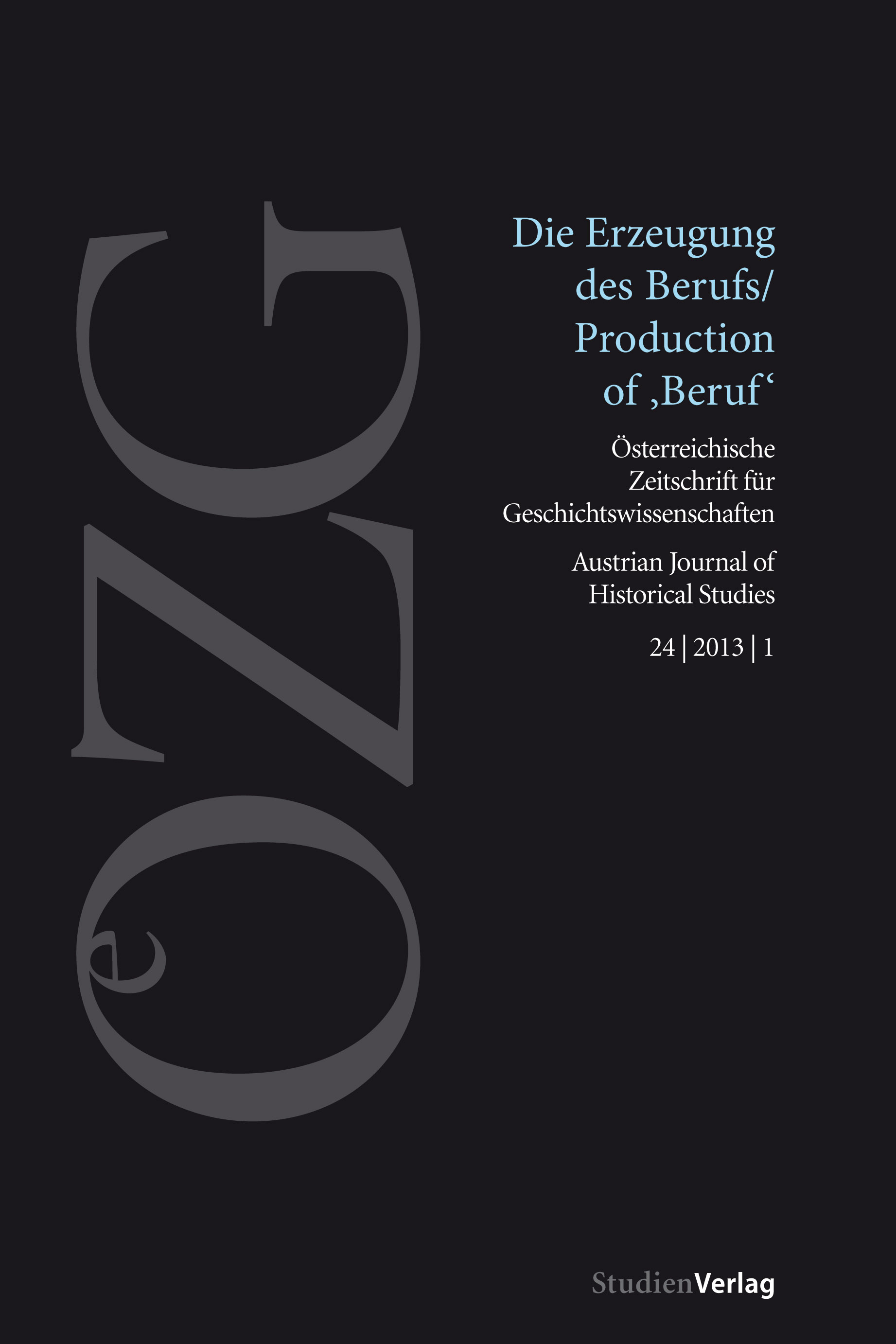A Profession against All Odds or a Profession Ideal for Women?
Housemaids in Germany from 1918 to the 1960s
DOI:
https://doi.org/10.25365/oezg-2013-24-1-4Keywords:
domestic worker, housemaid, housewife, household, Weimarer Republik, Drittes Reich, Bundesrepublik DeutschlandAbstract
The paper addresses how work in private households changed between 1918 and the 1960s. Until well into the twentieth century, female domestic workers constituted the largest group of employees in Germany. The majority of them resided in the households of their employers, thus making highly dependent labourers. Among domestic workers, interest groups and political organizations, two competing perspectives predominated. On the one hand, such jobs were undervalued, considered “dirty”. On the other hand, they were seen as an ideal preparation for those planning to become housewives or mothers. This view was shared both by representatives of the employers and domestic workers themselves. Yet amid changing social, political and economic conditions, the employment relationship was transformed as well. A strong external determination became progressively outmoded. As a result, the femal domestic worker was gradually replaced by the cleaning woman, who only worked for a few hours outside of her own home.


